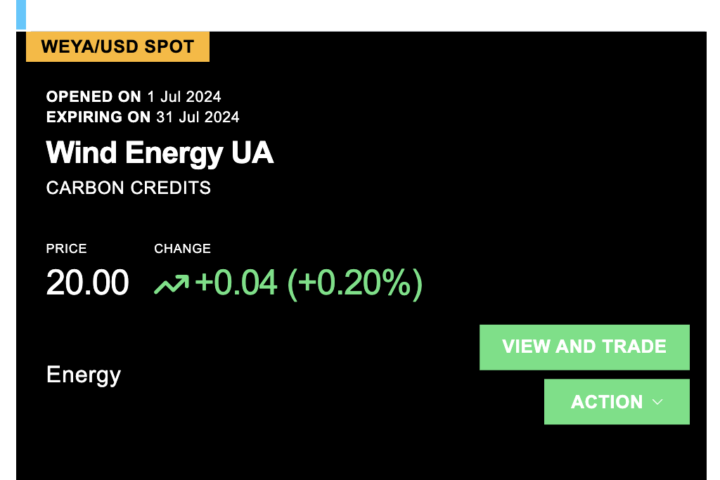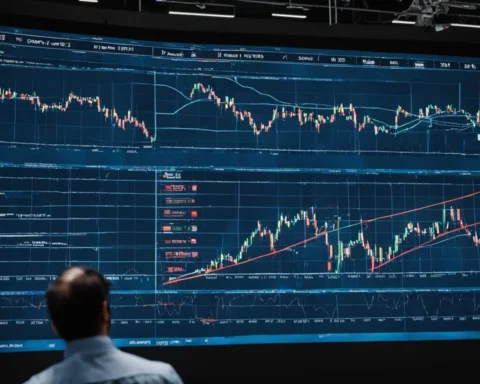Oil prices experienced an uptick on Friday, rising by approximately 3 percent amidst ongoing tensions in the Middle East, particularly as Israel engaged in military actions against Iran. Despite Iran’s attempts to downplay the severity of the attacks and deny any significant damage, concerns about potential disruptions led to the increase in prices.
Brent, a key benchmark for global oil markets, saw a modest rise of 0.21 percent, reaching $87.29 per barrel. Similarly, West Texas Intermediate, which tracks US crude, surged by 0.5 percent, settling at $83.14 per barrel.
The escalation of tensions was underscored by reports of air defense systems being activated in the Iranian city of Isfahan in response to suspected drone activity. While US officials confirmed Israel’s military operations against Iran, Tehran signaled its reluctance to retaliate, tempering immediate concerns in the oil market.
However, geopolitical uncertainties persist, as highlighted by Jorge Leon, senior vice president at Rystad Energy. He noted that while oil prices may have stabilized momentarily, ongoing volatility is anticipated due to the prevailing geopolitical landscape.
The recent escalation follows Iran’s retaliatory drone and missile attacks on Israel, prompted by the killing of senior members of its Islamic Revolutionary Guard Corps in an airstrike on an Iranian consulate in Damascus. This direct confrontation between Iran and Israel, rather than through proxies, marks a significant shift in regional dynamics.
Analysts caution that while disruptions to Iranian crude shipments could impact oil prices, the greatest risk lies in the potential blockage of the Strait of Hormuz, a crucial oil transit route. With 30 percent of global oil trade passing through the strait, any disruption could have far-reaching implications for energy markets.
Against this backdrop, higher oil prices may influence global central banks’ decisions regarding interest rates. Federal Reserve Chairman Jerome Powell indicated that recent data could delay anticipated rate cuts, reflecting concerns about stalled efforts to restore price stability.
In a separate development, the US reimposed sanctions on Venezuela’s oil sector, citing President Nicolas Maduro’s failure to fulfill commitments under the Barbados Agreement. Rystad Energy expects Venezuela’s oil production to plateau this year before gradually declining, underscoring the complex dynamics shaping global oil markets.


























